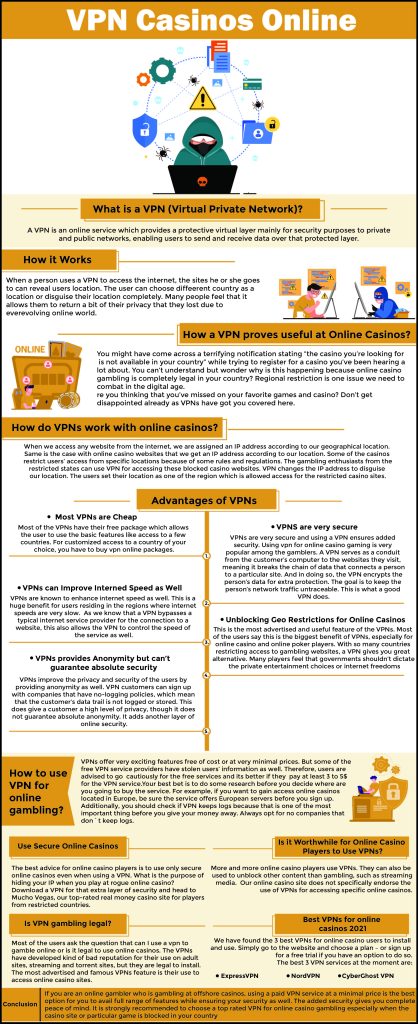Pick your favorite VPN Casino
Table of Contents
In the rapidly evolving landscape of online gambling, Virtual Private Network (VPN) casinos have emerged as a groundbreaking solution that offers players unparalleled levels of anonymity and safety. These platforms, often known as VPN-friendly crypto casinos or VPN-friendly online casinos, have revolutionized the way players interact with virtual gambling environments. This article delves into the world of VPN casinos, exploring the core concepts of anonymity, safety, and the symbiotic relationship between VPN services and online casinos.
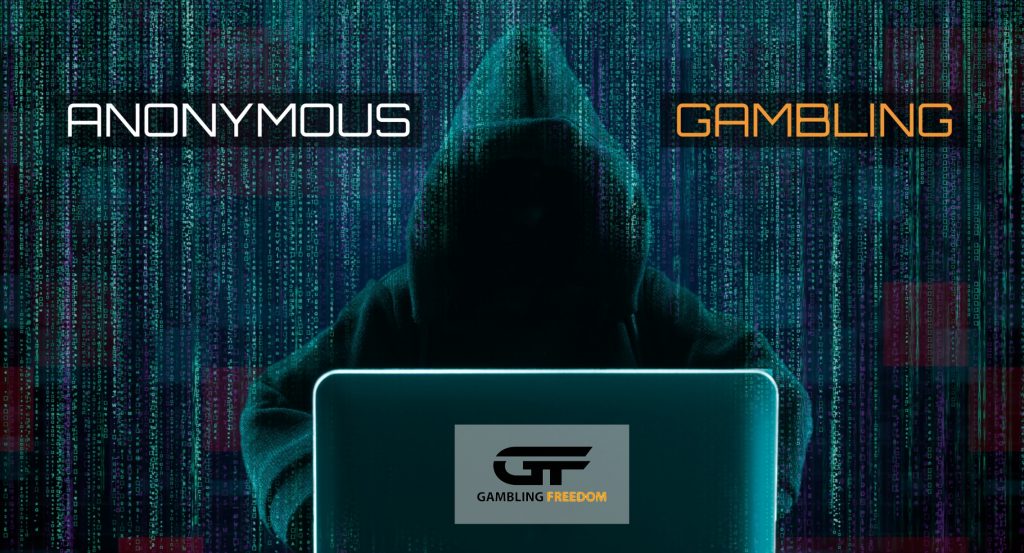
Understanding VPN-Friendly Crypto Casinos
VPN-friendly crypto casinos, also referred to as VPN-friendly online casinos, operate on the same principles as traditional online casinos but with a distinct advantage: they allow players to connect through a Virtual Private Network. A VPN is a technology that funnels a user’s internet connection through an encrypted server, effectively concealing the user’s IP address and safeguarding their online activities. This heightened security not only ensures player privacy but also facilitates access to online casinos that might be geographically restricted due to regulatory constraints.
Here is updated list of online casinos that allow VPN:
Anonymity at its Core
Anonymity stands as one of the cornerstones of VPN-friendly crypto casinos. Unlike conventional online casinos that necessitate the disclosure of personal data during registration, these innovative platforms enable players to partake in gambling without divulging their true identity. By employing a VPN to obfuscate their IP address, users can engage in casino activities without leaving a digital footprint that can be traced back to them.
Safety Measures: A Holistic Approach
The safety of both players and the online casinos is paramount in the realm of VPN-friendly crypto casinos. These platforms implement a multifaceted array of security measures to safeguard players’ sensitive information, including:
- Robust Encryption: VPN-friendly crypto casinos deploy state-of-the-art encryption protocols to establish a secure line of communication between players’ devices and the casino’s servers. This encryption thwarts potential hackers from intercepting or tampering with data transfers.
- Secure Payment Solutions: Reputable VPN-friendly casinos offer a diverse range of secure payment methods, including cryptocurrencies and other anonymous options. This minimizes the necessity for players to expose their financial details, enhancing overall security.
- Two-Factor Authentication (2FA): To bolster security, many VPN-friendly crypto casinos integrate 2FA, requiring users to provide an additional layer of verification beyond their login credentials. This deters unauthorized access, even if login information is compromised.
- Routine Audits and Testing: Trusted VPN-friendly casinos subject themselves to frequent security audits and assessments conducted by third-party entities. These measures ensure the reliability of their systems and reinforce their commitment to player safety.
Navigating Legal and Ethical Landscapes
It’s crucial for both players and VPN-friendly crypto casinos to navigate the intricate web of legal and ethical considerations surrounding VPN usage. The legality and ethical implications of such platforms can vary based on jurisdiction, necessitating a clear understanding of regional regulations to ensure compliance and responsible gambling practices.
VPN-friendly crypto casinos have carved a distinctive niche within the online gambling realm by offering enhanced anonymity and safety to players seeking a discreet and secure gambling experience. These platforms, often dubbed VPN-friendly online casinos, leverage the synergy between VPN technology and cryptocurrency to create an environment where players can engage in casino games without compromising their privacy. As the online gambling landscape continues to evolve, VPN-friendly crypto casinos are poised to remain a compelling choice for players who value their anonymity and the safety of their online activities. Striking a balance between legality, ethics, and technological innovation will be crucial in fostering a sustainable and responsible gambling ecosystem.
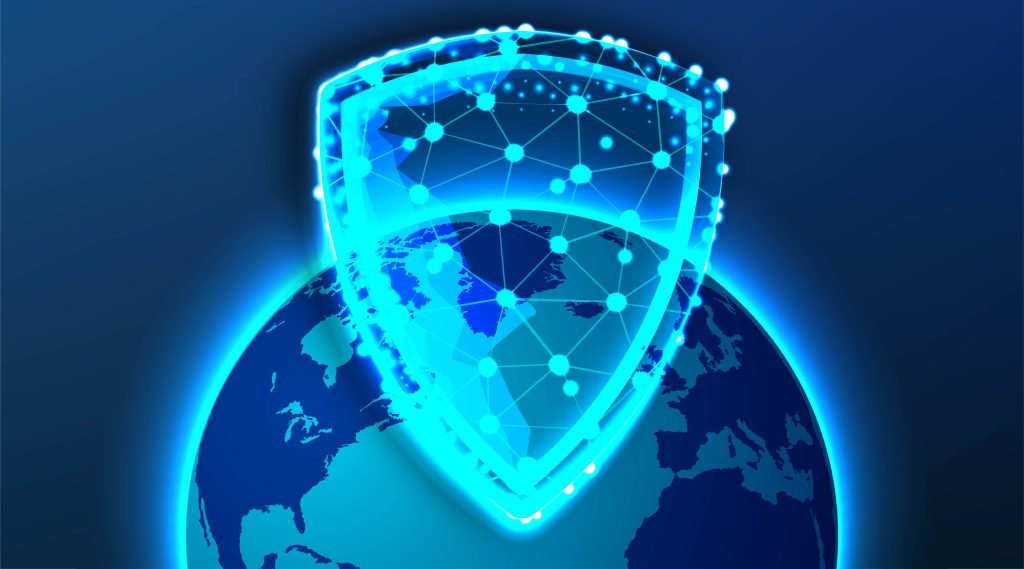
Pros of Playing at VPN Casinos:
- Access to Restricted Content: VPNs allow you to bypass geographical restrictions, enabling you to access online casinos and gambling platforms that might be blocked or unavailable in your region.
- Privacy and Anonymity: VPNs provide an extra layer of privacy by masking your IP address and encrypting your internet connection. This can help protect your identity and personal information while playing at online casinos.
- Security: Using a VPN can enhance the security of your online transactions and interactions, reducing the risk of data breaches or cyberattacks.
- Bypassing Local Regulations: If online gambling is heavily regulated or prohibited in your country, a VPN can help you circumvent these regulations and engage in gambling activities.
- Access to Better Deals: Some online casinos offer different bonuses, promotions, or odds depending on your location. By using a VPN, you might be able to access better deals intended for players in different regions.
Cons of Playing at VPN Casinos:
- Legality Concerns: Using a VPN to access online casinos where gambling is prohibited or heavily regulated could lead to legal issues. You might face penalties or account suspension if the casino detects you’re using a VPN to bypass restrictions.
- Account Termination: Many online casinos have strict terms of service that prohibit the use of VPNs. If the casino discovers you’re using one, they could terminate your account and confiscate your winnings.
- Withdrawal and Payment Issues: Some casinos might require verification of your identity and location before allowing withdrawals. If your VPN’s server location doesn’t match the address you provided, you could encounter difficulties when trying to withdraw your winnings.
- Unfair Advantage: If you use a VPN to access online casinos with different regional rules or odds, you might be gaining an unfair advantage over other players. This can lead to resentment within the gaming community.
- Unreliable VPN Services: Not all VPN services are reliable or secure. Some might leak your real IP address, compromise your data, or suffer from connectivity issues, potentially putting your personal and financial information at risk.
- Reduced Customer Support: Some casinos may not provide proper customer support if they suspect you’re using a VPN to access their platform, as this might violate their terms of use.
In summary, while using a VPN to access online casinos might offer certain advantages, it also comes with significant risks and potential drawbacks. It’s important to consider the legal and ethical implications, as well as the potential consequences for your account, before using a VPN to gamble online. Always review the terms of service of both the VPN provider and the online casino before proceeding.
Best VPN”s for online casinos
Using a Virtual Private Network (VPN) while accessing online casinos can enhance your privacy and security, as well as provide access to geo-restricted platforms. However, it’s important to choose a reliable VPN service that meets your needs. Here are some factors to consider when looking for the best VPNs for online casinos:
- Security and Privacy: A top-tier VPN should offer strong encryption protocols, such as AES-256, to ensure that your online activities are secure from prying eyes. It should also have a strict no-logs policy, which means that the VPN provider doesn’t keep records of your online activities.
- Server Locations: A good VPN for online casinos should have servers located in various countries. This is important because some online casinos might be restricted in certain regions, and using a VPN with servers in those regions can help you access them.
- Speed and Performance: Playing online casino games requires a stable and fast internet connection. Look for a VPN that offers high-speed servers with minimal impact on your connection speed.
- Compatibility: The VPN you choose should be compatible with the devices and platforms you plan to use for online gambling, whether it’s your desktop, laptop, smartphone, or tablet.
- Customer Support: Reliable customer support is crucial, especially if you encounter any issues while using the VPN. Look for providers that offer responsive and helpful customer service.
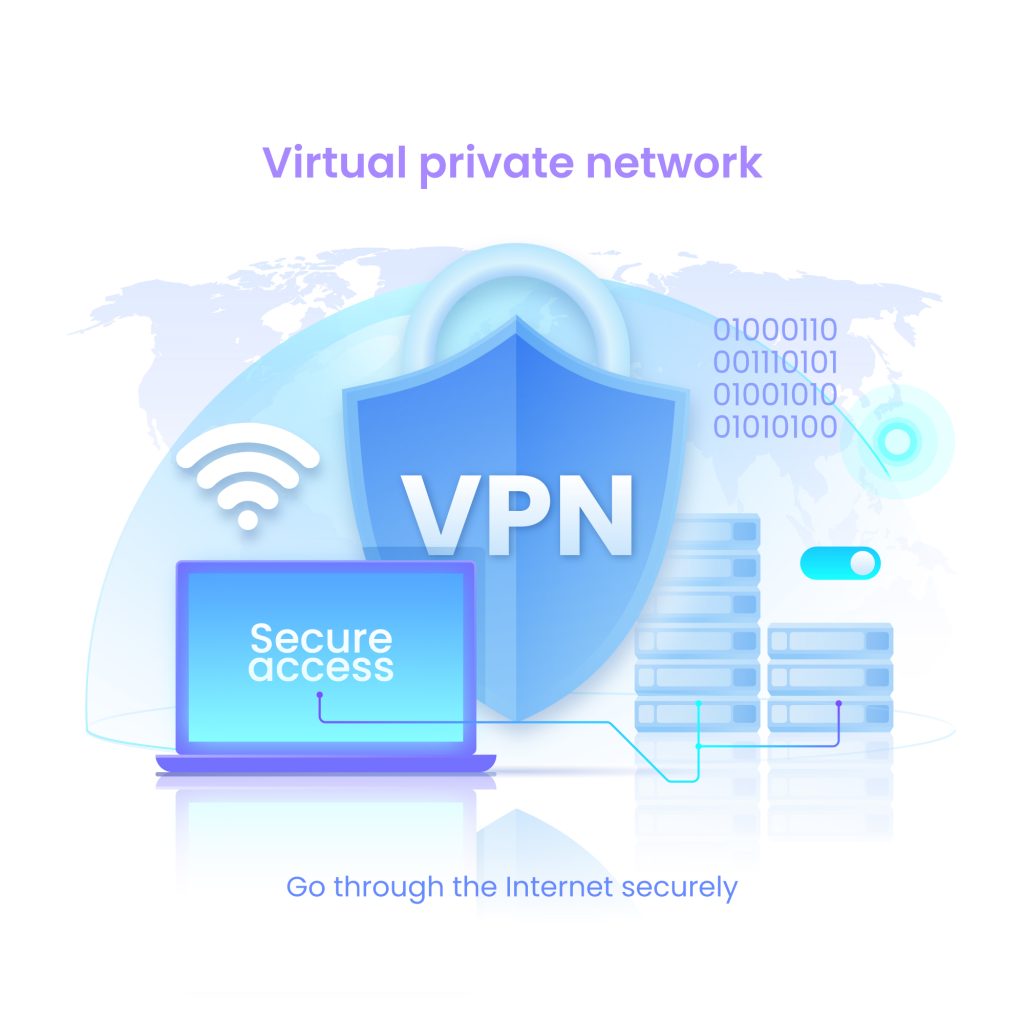
With these factors in mind, here are a few VPNs that have been popular for online casino use:
- ExpressVPN: Known for its high-speed servers and strong security features, ExpressVPN offers a wide range of server locations across the globe. Its user-friendly interface and excellent customer support make it a favorite among VPN users.
- NordVPN: NordVPN is lauded for its robust security measures, vast server network, and consistent speeds. It also offers specialty servers optimized for streaming and P2P activities, which could be useful for accessing online casinos.
- CyberGhost: CyberGhost provides an easy-to-use interface, making it suitable for VPN beginners. It has a large server network and offers specialized servers for streaming and gaming, potentially benefiting online casino enthusiasts.
- Private Internet Access (PIA): PIA is known for its strong security features and no-logs policy. It offers a good balance of speed and security, and its affordable pricing makes it attractive to budget-conscious users.
- Surfshark: Surfshark is gaining popularity due to its unlimited simultaneous connections and strong security features. It’s a good choice for users who want to protect multiple devices at once.
How to setup VPN for online casinos
Setting up a VPN (Virtual Private Network) for online gambling can help you protect your privacy and security while accessing gambling websites. However, it’s important to note that online gambling laws and regulations vary by country, and some regions might have restrictions on accessing gambling sites or using VPNs for such purposes. Make sure to comply with the laws and regulations of your country before proceeding. With that in mind, here’s a general guide on setting up a VPN for online gambling:
- Choose a Reputable VPN Service: Select a reliable and reputable VPN service provider. Look for providers that offer strong security features, a wide range of server locations, good connection speeds, and a strict no-logs policy.
- Subscribe and Install the VPN: Sign up for a subscription plan with the VPN provider of your choice. Once subscribed, download and install the VPN software on your device (computer, smartphone, tablet, etc.).
- Launch the VPN Application: Open the VPN application you’ve installed on your device.
- Choose a Server Location: Most VPN applications allow you to select a server location from a list of available options. Choose a server location that’s suitable for your needs. For online gambling, you might want to choose a server location in a region where the gambling website is accessible.
- Connect to the VPN Server: Click the “Connect” button within the VPN application to establish a secure connection to the chosen server location. This will encrypt your internet traffic and mask your IP address.
- Access Online Gambling Sites: With the VPN connection active, you can now access online gambling websites. The gambling sites will see the IP address of the VPN server, helping to protect your real identity and location.
- Ensure Security Measures: While the VPN enhances your online privacy, it’s important to also follow basic security practices. This includes using strong, unique passwords for your gambling accounts, enabling two-factor authentication if available, and keeping your device’s operating system and antivirus software up to date.
- Disconnect When Not Needed: When you’re not using online gambling sites, it’s a good practice to disconnect from the VPN to conserve bandwidth and improve overall browsing speeds.
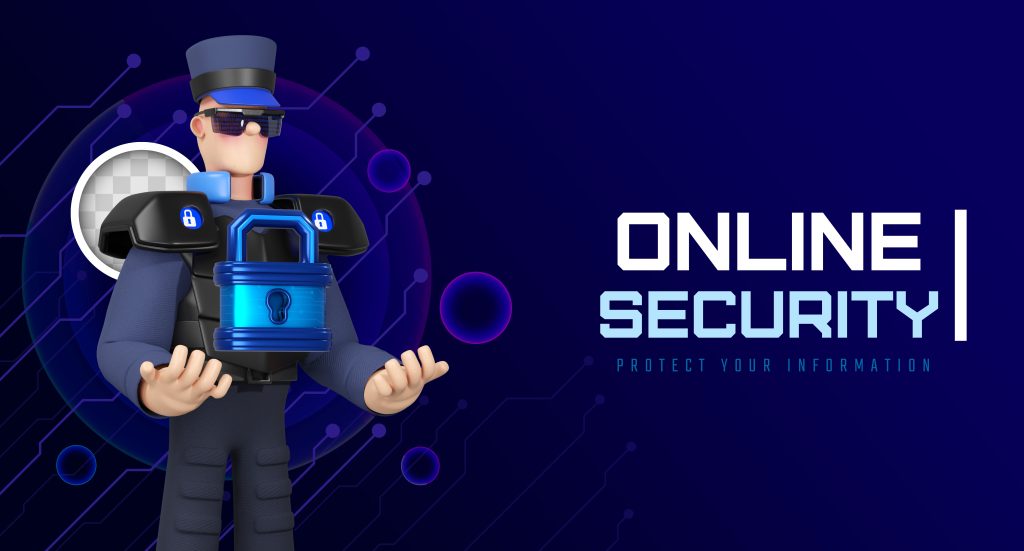
Remember that using a VPN does not provide complete anonymity, and there’s always a possibility that your VPN connection could leak information. Additionally, not all gambling websites may allow access via VPNs, so be prepared for potential issues. Always use a VPN responsibly and ensure you understand the legal implications in your jurisdiction.
Lastly, if your primary reason for using a VPN is to bypass regional restrictions rather than privacy concerns, it’s a good idea to check the terms of service of the gambling websites you intend to use. Some sites explicitly prohibit the use of VPNs to access their services.
Remember that while using a VPN can enhance your online privacy and access, there may still be legal and terms-of-service considerations when accessing online casinos from certain regions. Always ensure that you comply with the laws and regulations in your jurisdiction and the terms set by the online casino platform itself.
FAQ (Frequently Asked Questions)
1. What is a VPN casino? A VPN casino is an online gambling platform that allows users to access and play casino games through a Virtual Private Network (VPN). A VPN masks a user’s IP address, making it appear as though they are connecting from a different location.
2. Why would I use a VPN to access a casino? Using a VPN can be useful for accessing online casinos if the casino is not available in your country or region due to legal restrictions. It can also provide an additional layer of privacy and security when accessing online gambling platforms.
3. Is it legal to use a VPN to access online casinos? The legality of using a VPN to access online casinos varies depending on your location and the specific laws in your country. Some jurisdictions prohibit or restrict the use of VPNs for online gambling, while others have more lenient regulations. It’s important to research and understand the laws in your area before using a VPN for this purpose.
4. Are VPN casinos safe? The safety of VPN casinos depends on the reputation and security measures of the specific casino platform you’re using. While VPNs can enhance privacy, they do not guarantee the security of the casino itself. It’s crucial to choose a reputable and licensed online casino to ensure fair play and secure transactions.
5. Can I access any online casino using a VPN? Not all online casinos permit the use of VPNs to access their services. Some casinos have geolocation checks to ensure players are connecting from approved regions. Attempting to access a casino that explicitly restricts VPN usage might lead to your account being suspended or banned.
6. How do I choose a reliable VPN for accessing online casinos? When selecting a VPN for accessing online casinos, consider factors such as server locations, connection speed, privacy policies, security features, and user reviews. Opt for a well-established VPN provider with a strong track record in online security.
7. What are the potential risks of using a VPN casino? Using VPNs to access online casinos can carry risks such as violating the platform’s terms of service, being locked out of your account, or encountering legal issues if VPN usage for online gambling is prohibited in your jurisdiction.
8. Can I play for real money using a VPN in a casino not available in my country? While it may be possible to play for real money using a VPN to access a casino that’s not available in your country, withdrawing winnings might be problematic due to geolocation checks and identity verification processes. Additionally, there could be legal implications depending on your location.
9. Are there alternative methods to access restricted online casinos? Some players might consider using proxy servers or other methods to access restricted online casinos. However, these methods might not provide the same level of security and privacy as a VPN. It’s important to proceed with caution and be aware of the potential risks.
10. Should I use a VPN to access online casinos? The decision to use a VPN to access online casinos should be based on your individual circumstances, legal considerations, and risk tolerance. It’s recommended to research thoroughly, understand the laws in your area, and choose reputable casino platforms to ensure a safe and enjoyable gambling experience.
VPN Casinos Infographic
